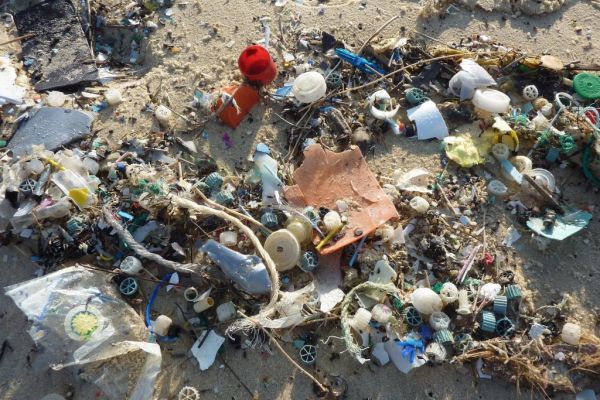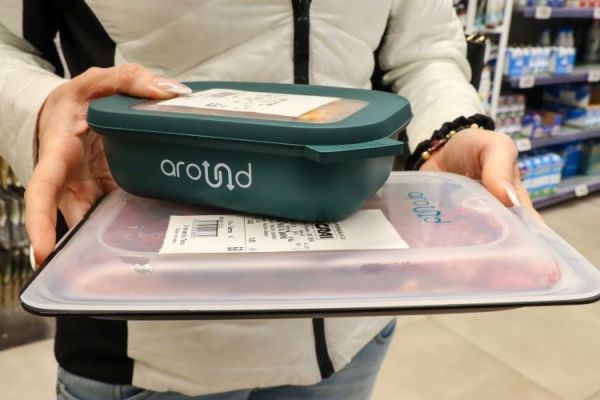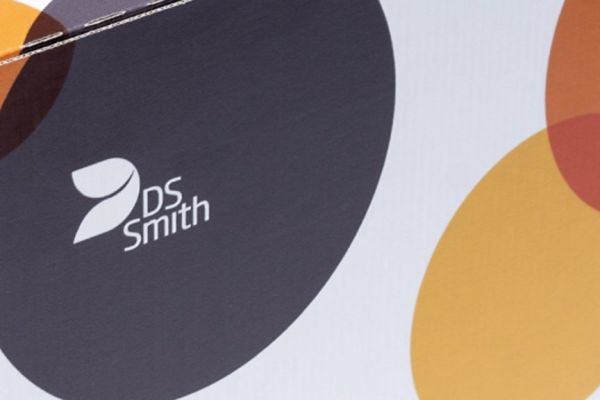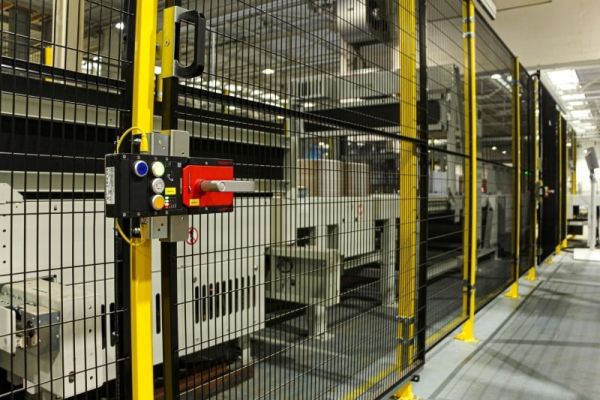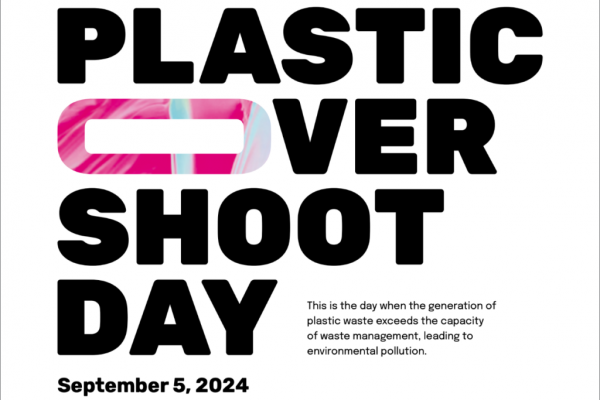A global alliance of plastic makers and consumer goods companies said on Tuesday it would prioritise much of its $1 billion (€900 million) funds to curb plastic waste in Southeast Asia.
The Alliance to End Plastic Waste (AEPW), consisting of 40 companies based around the world, committed $1 billion to an anti-plastic waste fund when it was launched earlier this year, pledging to invest half a billion more in within the next five years.
The group, now headquartered in Singapore, said the money would finance city partnerships and infrastructure to support waste management in Southeast Asian countries, which are among the world's worst ocean polluters.
'Significant Attention'
"We recognise that Southeast Asia is an area where we want to put significant attention," Jim Seward, a vice president of chemicals maker LyondellBasell, one of the group's members, said a media event.
"We want to demonstrate working with our partners and stakeholders across the region through investment, that the problem is solvable."
The AEPW's members include chemicals and plastic firms Dow , Chevron Phillips Chemical Co, ExxonMobil , Shell, and consumer goods heavyweight Procter & Gamble, among others.
Four Southeast Asian countries, namely Indonesia, the Philippines, Vietnam and Thailand, along with China, account for 60% of plastic waste in the oceans, according to a 2015 report co-authored by environmental campaigner Ocean Conservancy.
A Major Problem
In June, the Association of Southeast Asian Nations acknowledged plastic waste as a major problem for the region and adopted a joint declaration to combat marine debris.
A number of whales and sea turtles have washed up dead on Southeast Asian coasts in recent years with plastic waste in their stomachs.
Most recently, an orphaned baby dugong in Thailand named Marium died because of plastic this month after being rescued in April.
A picture of the dugong, shared by actor Leonardo DiCaprio on his Instagram account on Saturday, has drawn more than 1.7 million likes.
News by Reuters. Click subscribe to sign up to ESM: European Supermarket Magazine.
